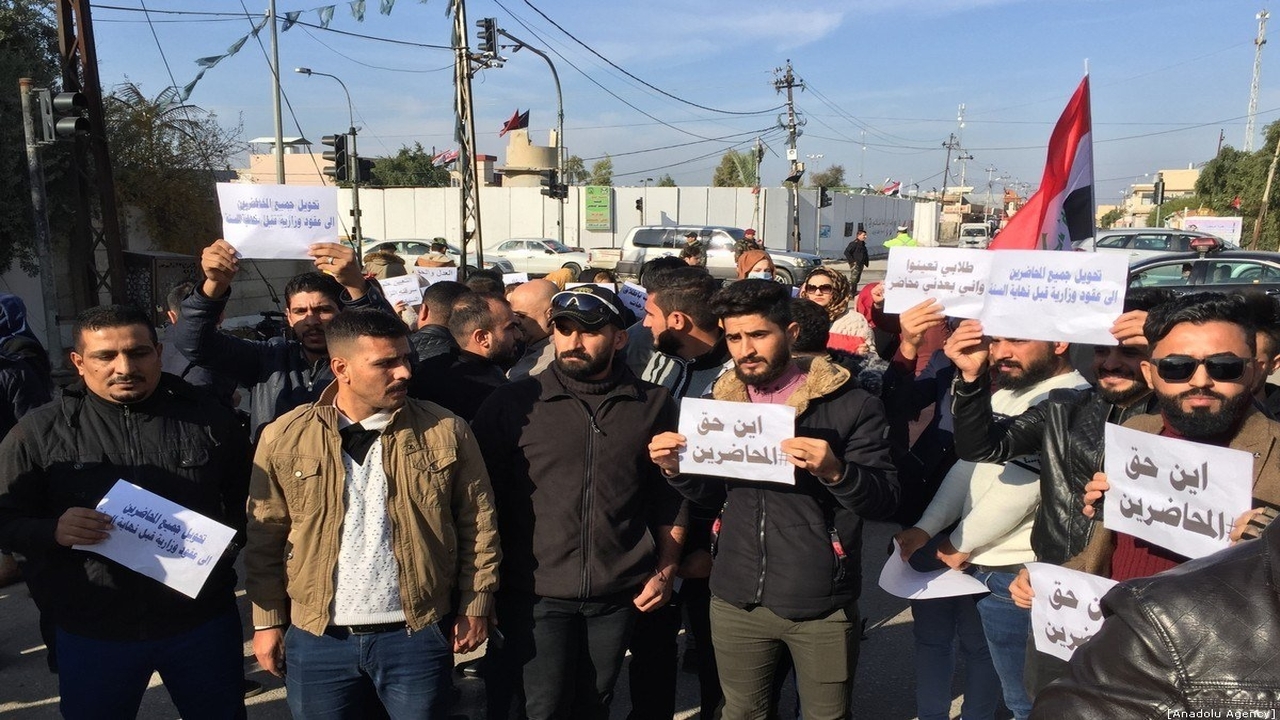As many as 2,700 civilian protesters were released by the Iraqi supreme judicial council on Thursday, December 18, after investigations into their individual cases were complete. They had been arrested by the Iraqi security forces during the ongoing anti-government protests in the country, which began on October 1. The council in a statement said that approximately 107 protesters are still under arrest as investigations into their cases remain pending. The Iraqi government has claimed that it is committed to releasing all protesters detained by the security services who were not involved in any ‘crimes’.
The news of the mass release came a day after protesters on Wednesday blocked access to the main port company in central Basra in southern Iraq. A local security source, who wished to remain anonymous, told media reporters that “demonstrators shut the gates of the General Company for Ports of Iraq in central Basra.” A day earlier, on Tuesday, protesters had also blocked the main roads leading to the oil fields in Basra, stalling all works.
There is also the matter of the prime minister’s election, currently being discussed and debated in the Iraqi parliament. The post has been lying vacant since the previous prime minister, Adel Abdul Mahdi, resigned on November 29. Mahdi is currently the caretaker prime minister of the country.
The Iraqi parliament was tasked with appointing a new prime minister before midnight on Thursday, as per a constitutionally stipulated deadline. However, as the members of parliament were unsuccessful in reaching a consensus on proposing a candidate for the post, the deadline has been postponed to December 22. Once a consensus is reached, a proposal from the lawmakers will be submitted to the president of Iraq, Barham Saleh. The president will then put the proposed candidate’s name to vote in parliament. If the candidate fails to win an absolute majority, the president has the power to appoint a candidate of his own choosing. If the candidate nominated by the president also fails to secure a parliamentary majority, as per the constitution, president Saleh himself will have to assume the post of prime minister for a duration of fifteen days.
Iraq has been witnessing massive protests since October 1. Protesters are demanding an end to government corruption, the tackling of the rampant unemployment crisis in the country, and substantial measures to reduce national poverty. They are also demanding sweeping electoral and administrative reforms, including a new electoral law and committee. According to Iraq’s high commission for human rights, 496 Iraqis have been killed in the protests since October, and 25,000 have suffered injuries.





